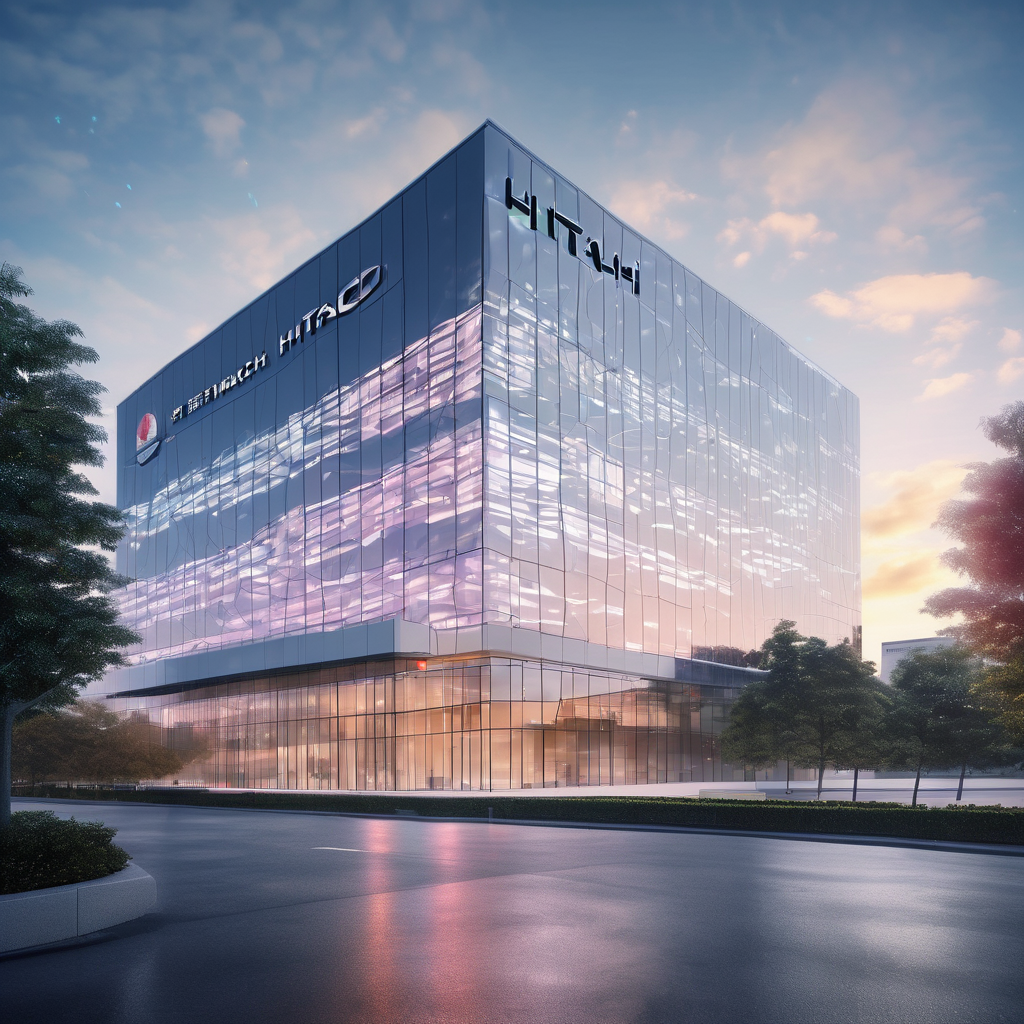
During a recent meeting with President Joe Biden, leaders from major technology giants like Amazon, Google, Meta, and Microsoft made a commitment to adopting safeguards for artificial intelligence (AI) systems to ensure their safety before releasing them to the public. One specific area of concern is cybersecurity, as the use of generative AI has made ransomware attacks and phishing schemes easier to execute and more widespread. Chief Information Security Officers (CISOs) and other cyber leaders are well aware of this growing risk and the democratization of cyber vulnerabilities. Collin R. Walke, head of cybersecurity and data privacy practice at law firm Hall Estill, noted that the rapid adoption of generative AI has tremendously changed the threat landscape, allowing more individuals with hacking capabilities to exploit cybersecurity weaknesses using tools like ransomware-as-a-service and AI. For instance, generative AI has made phishing attacks more convincing and authentic. Previously, employees could detect fake emails as they often contained wording that seemed off. However, with generative AI, non-English-speaking malicious actors can instantly and almost flawlessly translate phishing emails into any language, making it harder for employees to identify them as fake. However, experts point out that the same AI tools, which enable hackers to operate more efficiently and at a larger scale, are also accessible to companies seeking to strengthen their cybersecurity defenses. Stephen Boyer, co-founder and CTO of cyber risk management firm BitSight, emphasizes that while AI enhances attackers' capabilities, it also empowers defenders.
AI allows engineers to automatically check for vulnerabilities in code, resulting in more secure software. Boyer predicts that AI will significantly accelerate the process, compared to current tools available. The use of AI to increase speed and scale in cybersecurity is viewed as one of the notable advantages in the near future. Michael McNerney, Chief Security Officer at cyber insurance company Resilience, highlights the potential benefits of leveraging AI to streamline complex and time-consuming tasks faced by CISOs, such as device inventory and application management. However, caution is advised by Walke and others. Despite technology giants pledging to follow AI safeguards, there are concerns about AI companies worldwide continuing to develop and deploy the technology without adequate legal or ethical regulations. Therefore, cyber experts advocate for a collaborative approach, where CISOs work closely with the board, chief risk officer, and CEO to determine when and how to deploy AI across the organization. They emphasize the need for an "all-hands-on-deck scenario" to address the complexities and risks associated with AI, as witnessed by the recent data breach at OpenAI. It is important to maintain perspective and context when considering AI and its potential impact. McNerney suggests that while AI's hype is currently at its peak, it is natural for an emerging technology that is both exciting and powerful. Over the next year, cyber leaders will gain a better understanding of where AI can truly be advantageous and where it may not be as effective.
None


In today's era of rapidly expanding digital content, social media platforms increasingly rely on advanced artificial intelligence (AI) technologies to manage and monitor the vast volume of videos uploaded every minute.

Elon Musk's artificial intelligence company, xAI, has officially acquired X Corp., the developer behind the social media platform formerly known as Twitter, now rebranded as "X." The acquisition was completed through an all-stock deal valued at approximately $33 billion, and when including $12 billion in debt, the total valuation reaches around $45 billion.

Advantage Media Partners, a digital marketing agency based in Beaverton, has announced the integration of AI-powered enhancements into its SEO and marketing programs.

Salesforce, a global leader in customer relationship management software, has reached a major milestone by closing more than 1,000 paid deals for its innovative platform, Agentforce.

In the heart of Manhattan near Apple stores and Google’s New York headquarters, bus stop posters playfully teased Big Tech companies with messages like “AI can't generate sand between your toes” and “No one on their deathbed ever said: I wish I'd spent more time on my phone.” These ads, from Polaroid promoting its analog Flip camera, embrace a nostalgic, tactile experience.

Hitachi, Ltd.

MarketOwl AI has recently introduced a suite of AI-powered agents designed to autonomously handle various marketing tasks, presenting an innovative alternative that could replace traditional marketing departments in small and medium-sized enterprises (SMEs).
Launch your AI-powered team to automate Marketing, Sales & Growth

and get clients on autopilot — from social media and search engines. No ads needed
Begin getting your first leads today